Communities
Communities
Child-centred, artist driven community spaces become places in which; curiosity is piqued; world views are challenged or affirmed; preservation and innovation are fostered; creativity and imagination are stoked; intellect, critical thinking, and compassion are expanded; and people find inspiration that leads to a more generative society. Going forward we are working to establish these spaces as hubs of innovation and problem solving. The Paper Boat Toolkit is designed to culminate in child-led projects in each hub that bring fresh, innovative and concrete solutions to the challenges faced by the children and their wider community.
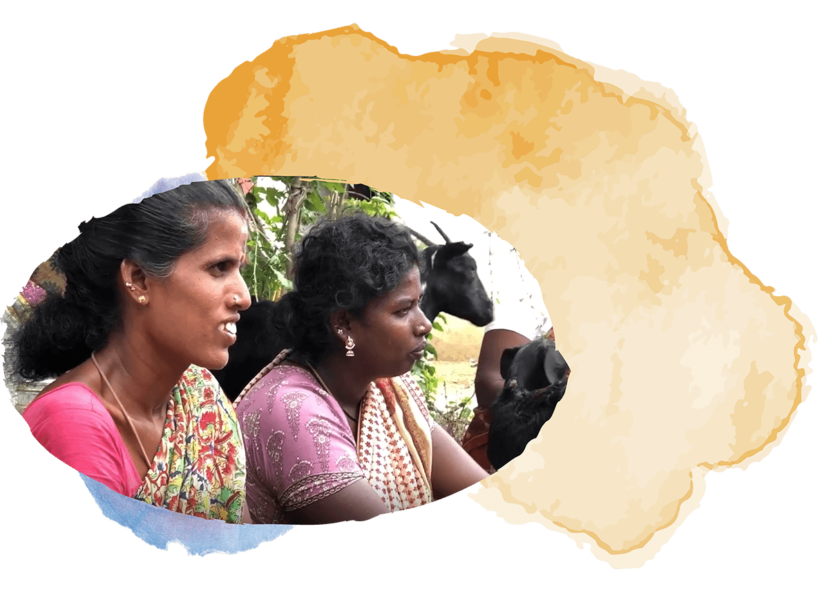
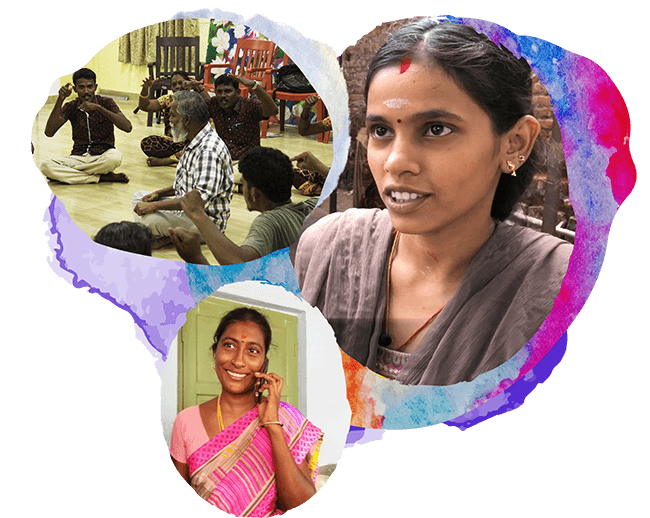
Our partners work closely with local leaders, parents, teachers and women’s collectives to establish the needs and priorities within each community, and work collaboratively to identify the best spaces and individuals to be involved and how to reach out the children and families who need it most.
Facilitators in each hub are employed from the local community, most often these are women who have themselves faced the challenges of life at the margins of the society. The unique perspectives they bring are highly valued and respected.
We invest in facilitators and hold sessions for discussion, innovation, creativity and learning.
Annual children’s festivals bring together children, parents, facilitators and community leaders from all hubs in the area.
Young people get the opportunity to gather, play and showcase their creativity to the wider community.
These are celebrations for all the villages as they take pride in what their children can achieve.
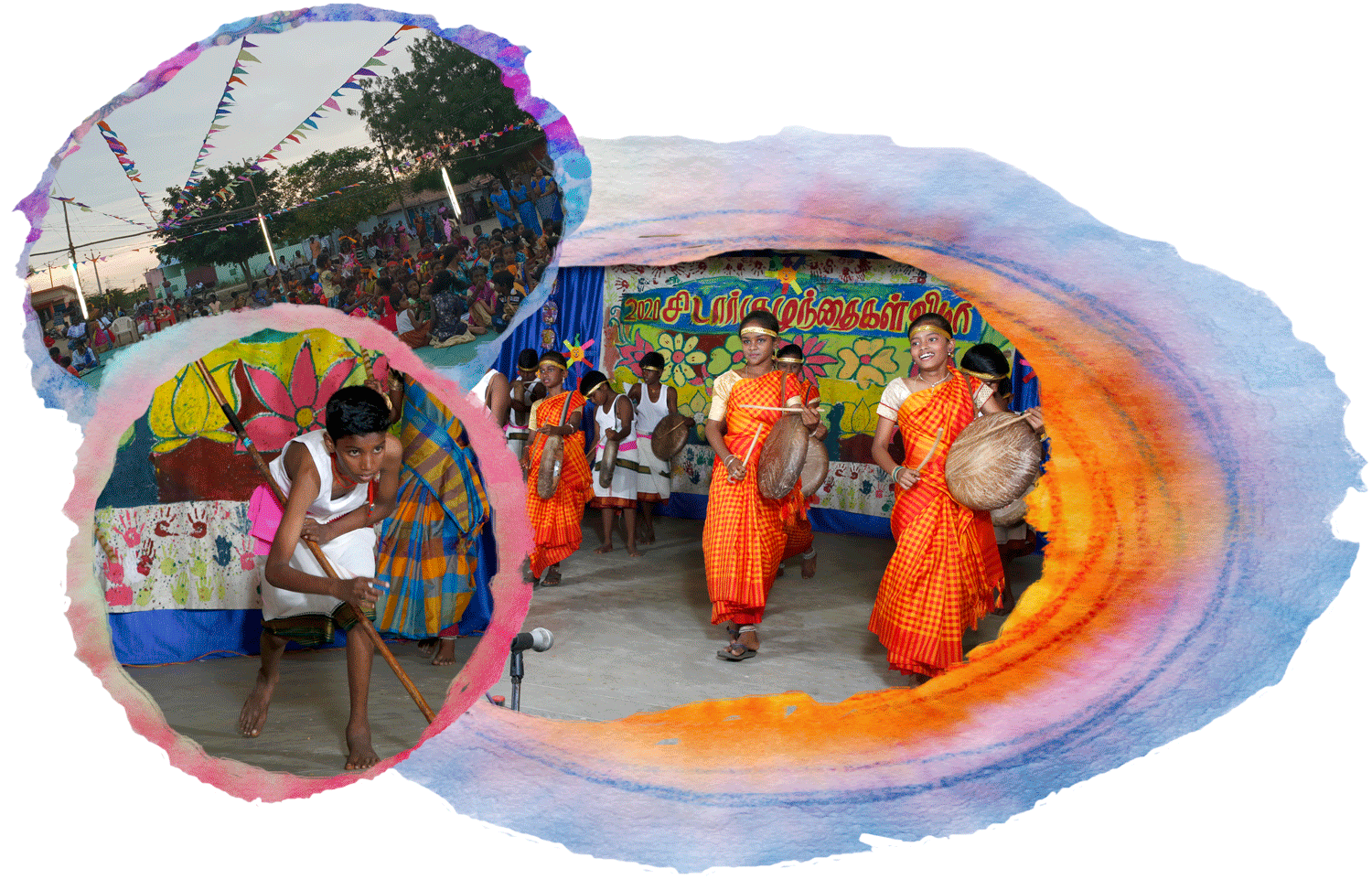
Our ‘whole community’ approach includes:
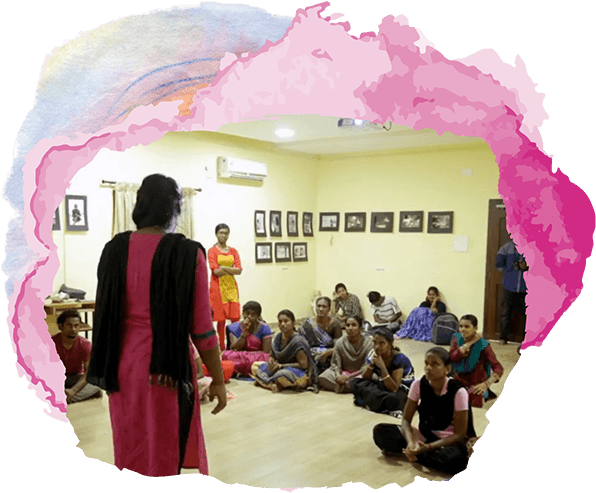
Parent’s Collectives
These are forums for the parents of the children participating in our hubs to come together and discuss issues and themes that emerge. They are opportunities for parents (often illiterate themselves, having only received limited formal schooling) to gain a deeper understanding about the activities and purpose of the Children’s Hubs. Parents can learn more about the importance of children’s agency and the significance of children’s rights.
This means that the whole community becomes a space that nurtures children’s creativity and leadership and helps to embed the hubs within the local community, enhancing local ownership and therefore project sustainability.
Child Rights Monitoring Committees
This is an important and diverse group of people from the local community, consisting of children and adults. It’s primary purpose is to support the local community to develop a deeper understanding of children’s rights, as enshrined in key national and international agreements, such as the UN Convention on the Rights of the Child (including the right to education and the right to a decent childhood).
The group plays an advocacy and awareness raising role and training is provided by our partner organisation CEDAR to ensure that they perform this role effectively. Members are recruited to the committee and liaise with key local authorities including the village council, village education committee and local schools.
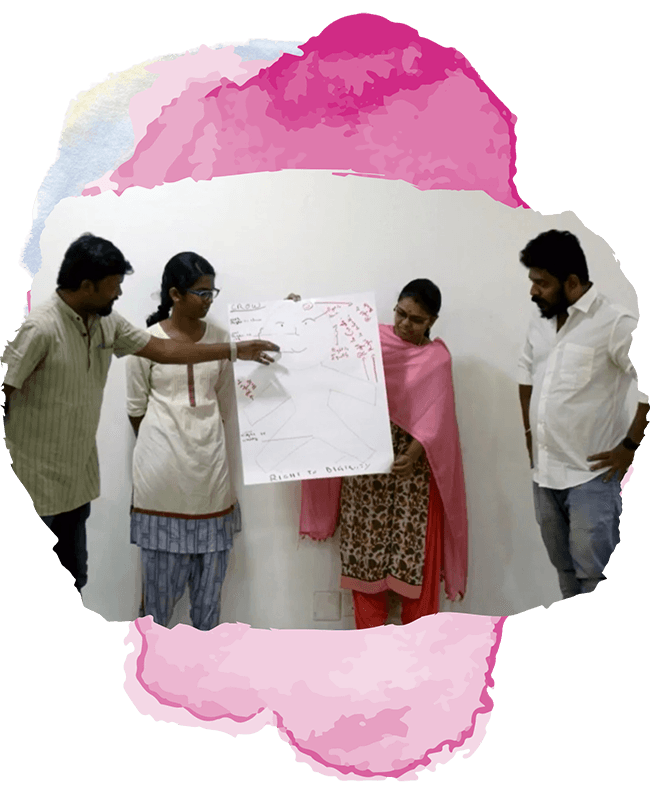
Collaboration with the local school
Almost half of our Children’s Hubs are located in school premises, so that the schools feel ownership and understand the value of alternative creative learning spaces for children. This strengthens a ‘whole community’ approach to children’s agency and leadership.
The project team also raise awareness and provide training opportunities for teachers from local schools where our hubs are based. This helps to deepen their understanding of the benefits of informal/creative learning spaces for children by reinforcing and extending what is learned in school.
Below you can watch a short interview with a headteacher answering questions about how children from his school have benefitted from Paper Boat’s programmes through our collaborative delivery partner CEDAR.
“I did not want this to stop with me – Nagaraj’s Story”
Nagaraj was a student in CEDAR’s youth programme.
In this short video he shares his journey and how the programme not only helped himto succeed in his own life, but also inspired him to pass it forward and reach out to more children.
